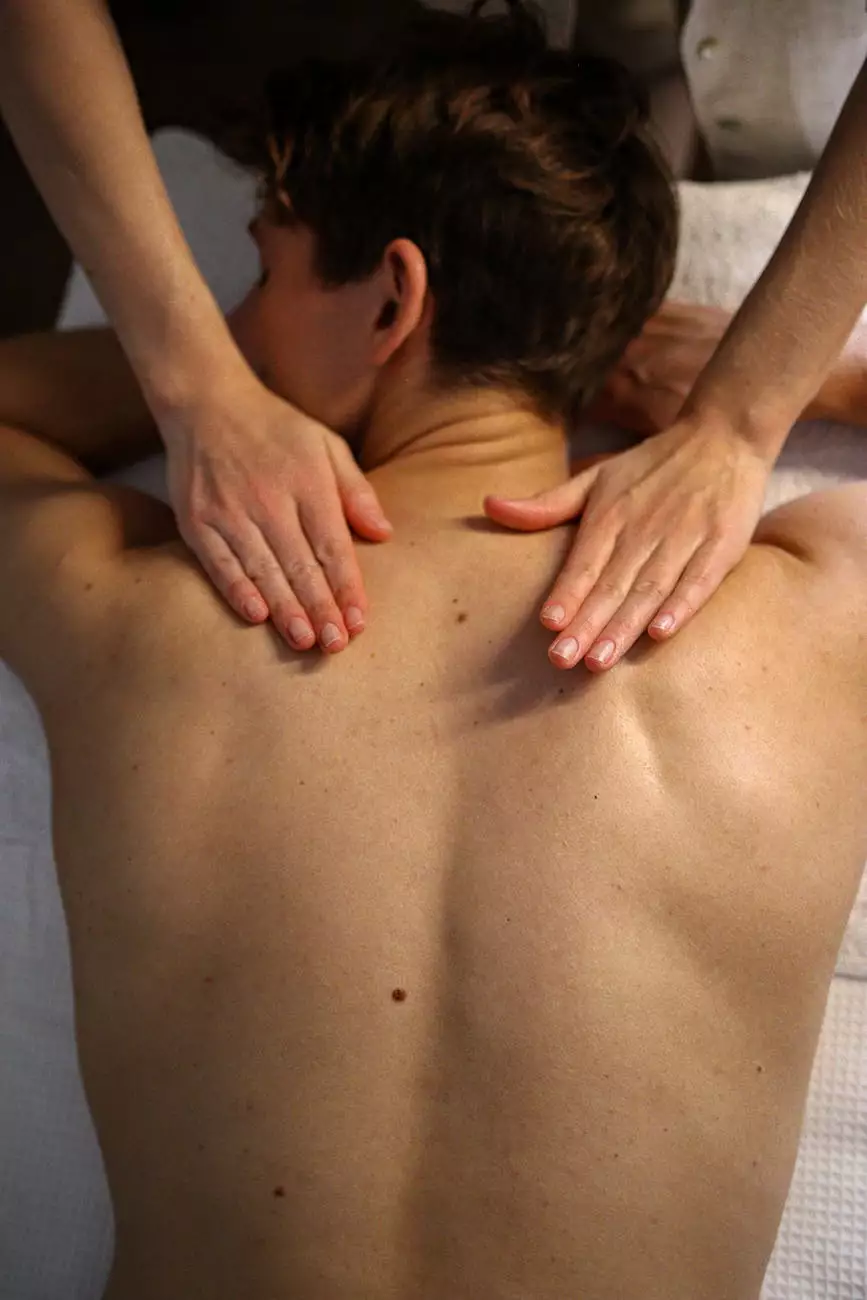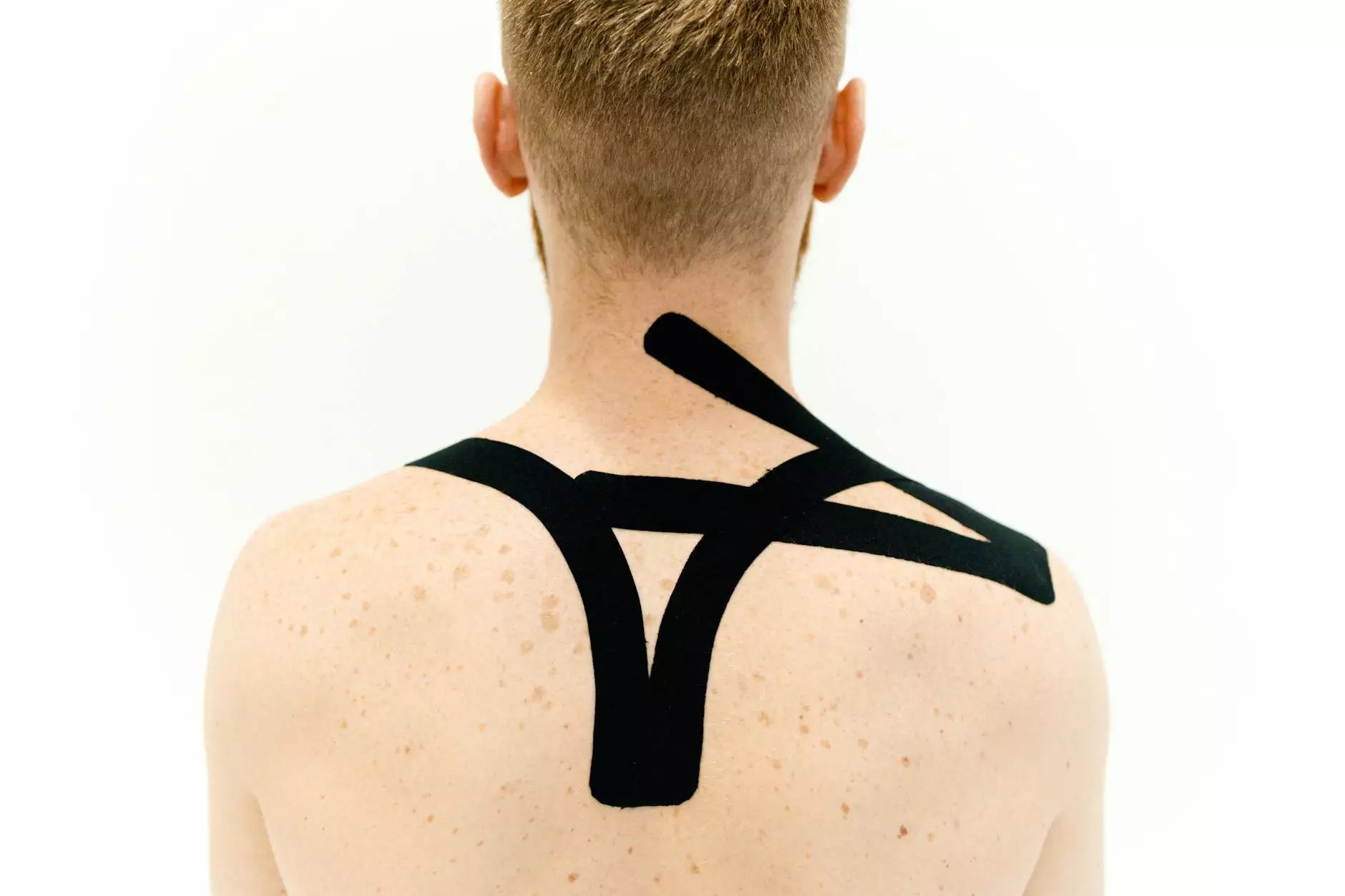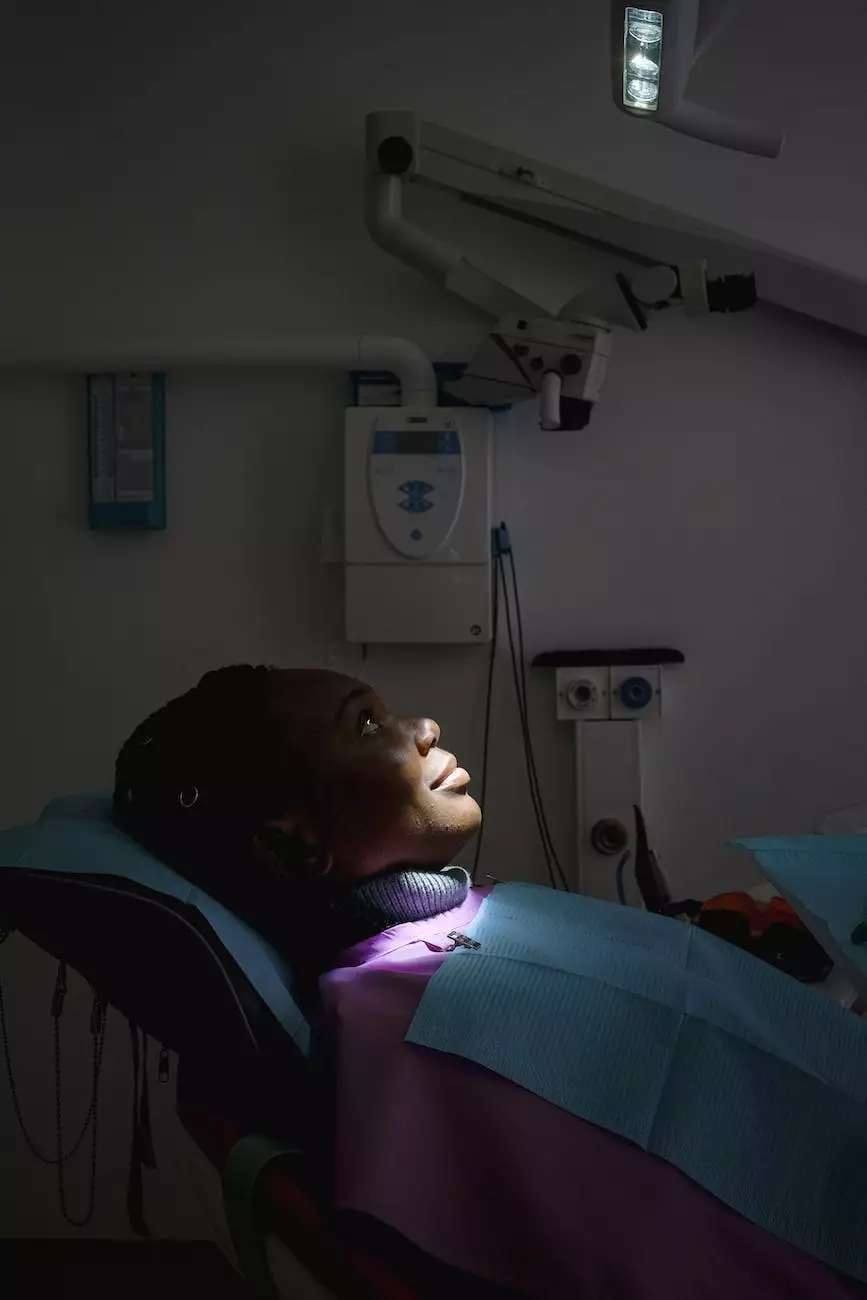What Does a Herniated Disc Feel Like?
Interventional Pain Management
Understanding Herniated Discs
A herniated disc, also known as a slipped or ruptured disc, is a prevalent condition often associated with back and neck pain. It occurs when the soft inner core of a spinal disc pushes out through its tough exterior, irritating nearby nerves and causing discomfort. If you are experiencing back or neck pain, it's crucial to identify whether a herniated disc is to blame for your symptoms.
Herniated Disc Symptoms
The symptoms of a herniated disc can vary depending on the location and severity of the condition. Here are the most common symptoms experienced by individuals with herniated discs:
- Pain: Herniated discs often cause localized pain in the back or neck, and sometimes radiating pain that extends to the arms or legs. The severity of the pain can range from mild to severe, and it may worsen with certain movements or activities.
- Numbness and Tingling: If a herniated disc compresses a nerve, you may experience numbness or tingling sensations in the areas served by that nerve. For example, leg numbness or tingling can occur if the herniated disc is in the lower back.
- Muscle Weakness: In some cases, a herniated disc can cause muscle weakness in the affected area. This can manifest as difficulty lifting or holding objects, or general feelings of weakness in the arms or legs.
- Changes in Reflexes: Reflexes can be affected when nerves are compressed or irritated by a herniated disc. For instance, you may notice changes in your knee or ankle reflexes, indicating potential disc-related nerve issues.
Diagnosing a Herniated Disc
If you suspect you have a herniated disc, it is essential to consult a medical professional for an accurate diagnosis. They will evaluate your symptoms and medical history, and may also perform certain diagnostic tests, including:
- Magnetic Resonance Imaging (MRI)
- Computerized Tomography (CT) Scan
- X-Ray
- Discogram
- Electromyography (EMG)
Treatment Options for Herniated Discs
Pain Management Care, PC offers various treatment options to help relieve pain and promote healing for individuals with herniated discs. The appropriate treatment plan depends on factors such as the severity of the condition and the impact on your daily life. Treatment options may include:
- Medications: Pain medication, muscle relaxants, or anti-inflammatory drugs can help alleviate symptoms and reduce inflammation surrounding the herniated disc.
- Physical Therapy: Targeted exercises and stretches can strengthen the surrounding muscles, improve flexibility, and decrease pain associated with a herniated disc.
- Epidural Steroid Injections: This minimally invasive procedure delivers anti-inflammatory medication directly into the affected area, reducing swelling and providing relief.
- Surgery: In severe cases where conservative treatments have been ineffective, surgical intervention may be necessary. Surgical options include discectomy, laminectomy, and spinal fusion, among others.
Prevention and Self-Care
While not all herniated discs can be prevented, certain lifestyle modifications can reduce the risk or minimize the impact of the condition:
- Maintain Good Posture: Practice good posture when sitting, standing, and lifting heavy objects, as poor posture can strain the spine and contribute to disc-related problems.
- Use Proper Lifting Techniques: When lifting heavy objects, remember to lift with your legs, not your back, to avoid unnecessary strain on your spinal discs.
- Engage in Regular Exercise: Strengthening your core muscles can provide support to your spine and reduce the risk of developing herniated discs.
- Take Frequent Breaks: If you have a sedentary job or spend prolonged periods in one position, take regular breaks to stretch and change positions throughout the day.
- Avoid Excessive Weight Gain: Maintaining a healthy weight can alleviate stress on your spine and reduce the risk of developing herniated discs.
Conclusion
If you suspect you have a herniated disc or are experiencing back or neck pain, it is crucial to seek professional medical advice. Pain Management Care, PC specializes in diagnosing and treating herniated discs, providing patients with comprehensive care and tailored treatment plans. Don't let a herniated disc hold you back from living a pain-free, active lifestyle.




